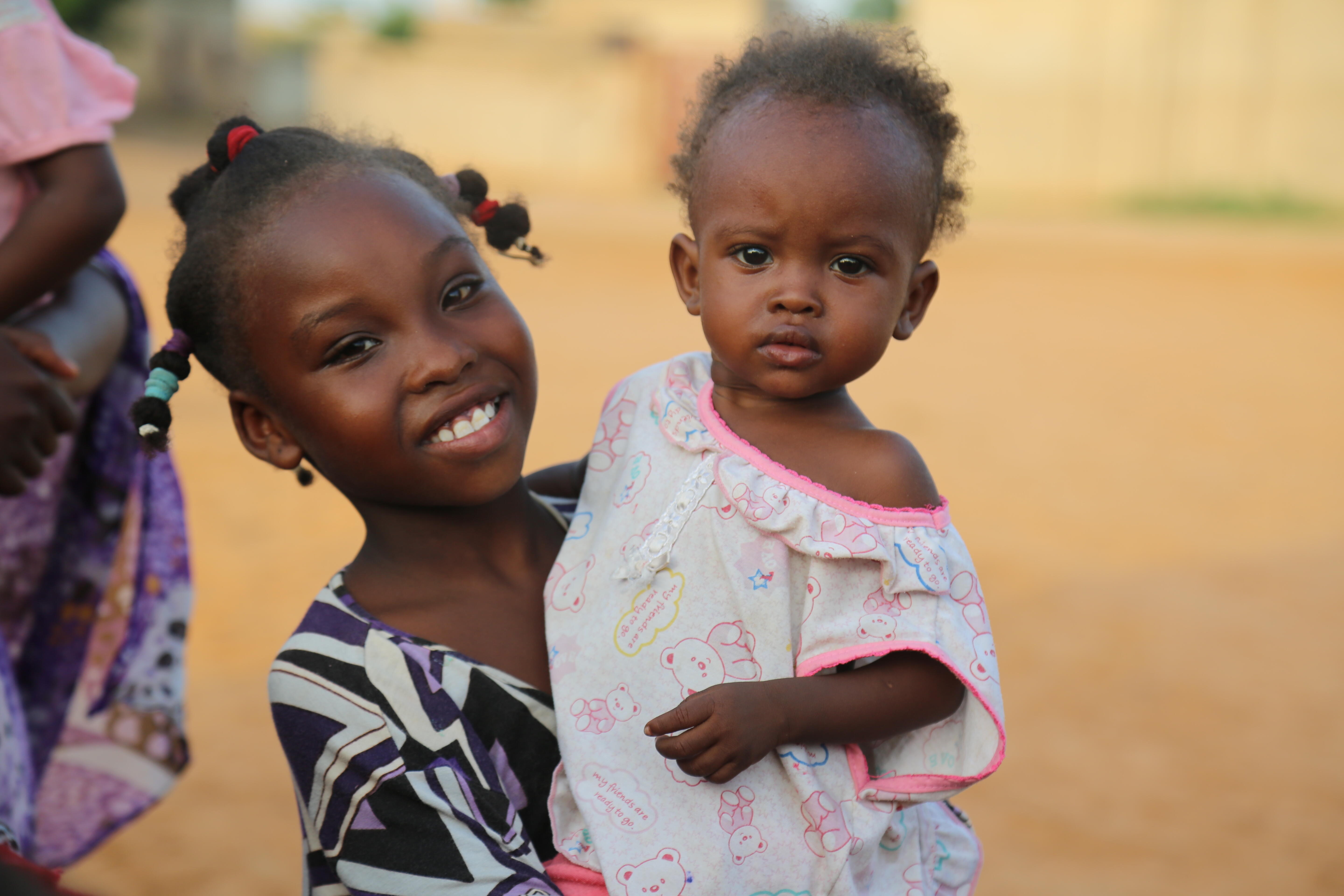Article 141 of the amendment to the Criminal Act
Background;
Sudan was the first country in Africa to outlaw the practice of female-genital mutilation (FGM) known as “Pharaonic circumcision” back in the 1940s. Although the 1946 Penal Code prohibited infibulation, it permitted a lesser radical form of mutilation known as “Sunna circumcision”. In 1957, one year after independence, the law was ratified again. In 1991, the government reaffirmed its commitment to outlawing the “Pharaonic infibulation”, but no mention was made of this commitment in the 1993 Penal Code where the matter was left unclear. The outcome of the committee was a proposal to amend the Criminal Act 1991 to include an article prohibiting FGM/C. The committee and stakeholders from different organizations have discussed the proposed amendment widely with members of the National Assembly, legal counsels (employees) from the Ministry of Justice and different Sudanese human rights activists.
During the same period of time, the National Council of the Child Welfare led a parallel process to include an article prohibiting FGM/C in the Child Act of 2010, which was supposed to be Article 13. Article 13 as drafted called for a “Complete ban on all forms and types of FGM/C”. The Child Act draft that the Ministerial Council endorsed did not include the proposed article. The article was removed by the President prior to presenting it to the Ministerial Council due to an intervention by some of the members of “Majmaa Alfigh Alisalami” (Council of Islamic Jurists, which plays an advisory role to the Government on Islamic Law), because of their belief that FGM/C is based on Islam and calls for criminalization come from western pressures that Sudan should not follow. Their intervention in the process jeopardized the entire Child Act’s adoption, requiring an intervention by then-Minister of Justice Abdul Basit Sbdrat to ensure its passage in the National Assembly. As a compromise, the parties reached an agreement that FGM/C criminalization would be dealt with in the revisions to the Criminal Act (1991).
Within SFFGM and the JP programmes the NCCW led a Taskforce to work on the on the FGM law since 2016. In in April 2017 the article 141 Female Genital Mutilation of the amendment to the Criminal Act has been endorsed by the cabinet and later submitted to the parliament for approval.
Article 141 Female Genital Mutilation;
(1) There shall be deemed to commit the offence of female genital mutilation whoever, removed, mutilated the female genitalia by cutting, mutilating or modifying any natural part of it leading to the full or partial loss of its functions, whether it is inside a hospital, health center, dispensary or clinic or other places.
(2) Whoever commits the crime of female genital mutilation shall be punished by 3 years imprisonment and a fine or closing the premises.
Arabic version
نص المادة 141 أ-(1) من القانون الجنائي المعدل لعام 2016
(1- يعد مرتكباً جريمة تشوية الأعضاء التناسلية للأنثي كل من يقوم بإزالة أو تشويه العضو التناسلي للأنثي وذلك بإجراء اي قطع أو تسوية أو تعديل لأي جزء طبيعي منه مما يؤدي الي ذهاب وظيفته كلياً أو جزئياً سواء كان داخل اي مستشفي أو مركز صحي أو مستوصف أو عيادة أو غيرها من الأماكنز
2- يعاقب من يرتكب جريمة تشويه الأعضاء التناسلبة للأنثي بالسجن مدة لا تتجاوز ثلاث سنوات والغرامة كما يجوز أغلاق المحل)
After the revolution and the coming of the transitional government, the NCCW and its task force from the 3 agencies UNFPA/UNICEF and WHO continued to work on the same and in June 2020 managed to get the Article 141 endorsed by parliament )Sovereign council and mininsterial cabinet


